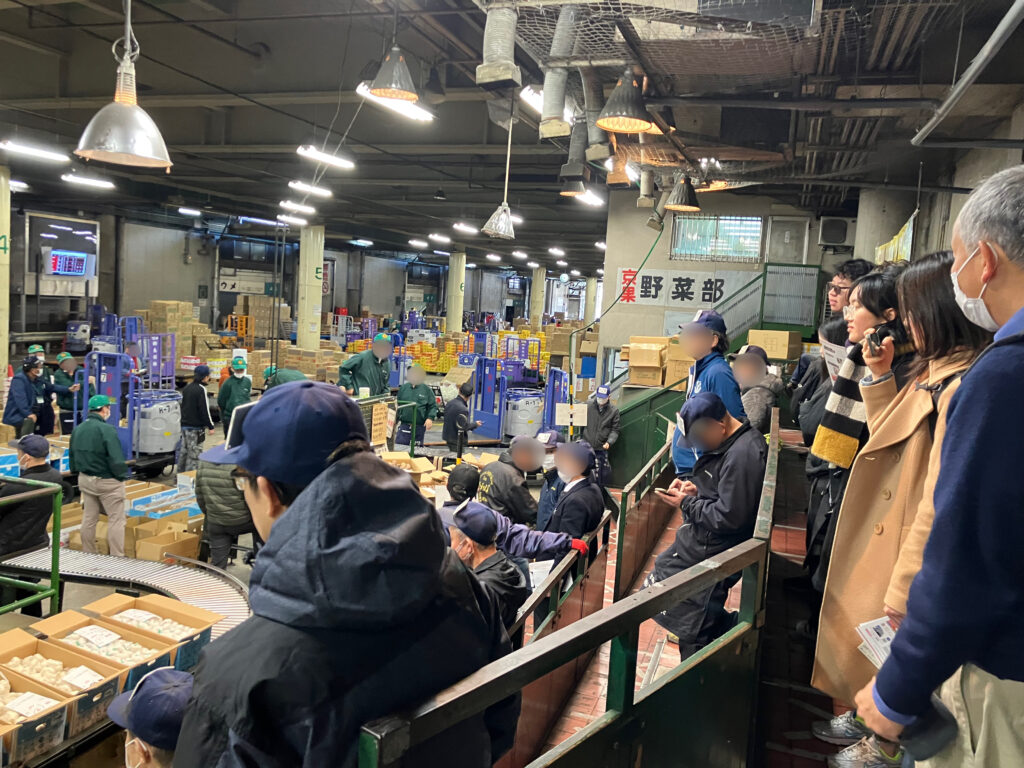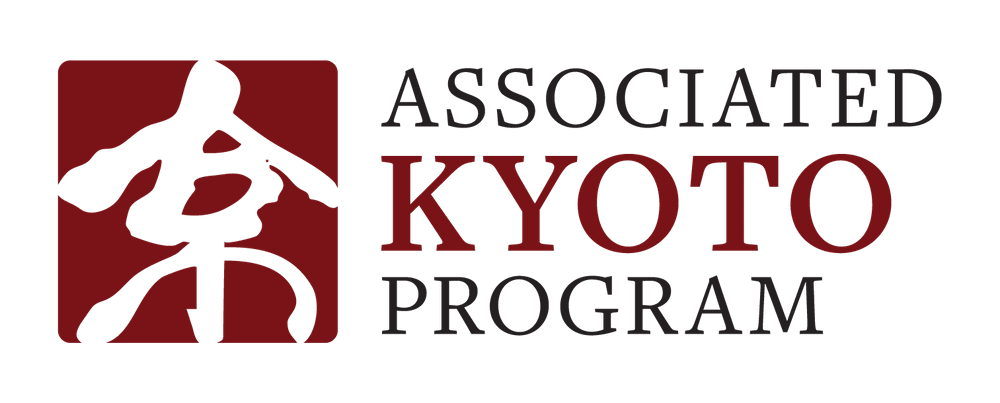You’re used to the challenging academic standards and probing critical thinking that characterize a liberal arts education. And you’ll find that abroad with AKP. AKP mirrors its thirteen consortium institutions in disciplinary diversity and commitment to excellence among its courses. Thanks to the Visiting Faculty Fellows program, AKP recruits some of the finest professors from the consortium, allowing you to take classes that will foster a deeper understanding of Japan’s long and complex cultural history.
AKP students will take two elective courses per semester during the afternoons. The credit amount for each course will be equal to one standard semester-long course in the US.
In addition to the AKP elective courses listed below, AKP students may, if interested, take one of their two electives each semester by cross-registering for a course offered by the Kyoto Consortium for Japanese Studies (KCJS), also housed at Doshisha University. Courses taken at KCJS will receive the same credit as AKP electives and will appear on your AKP grade report. Note that the ability to cross-register may be affected by class size limitations, time conflicts, or conflicts with class-related field trips. Enrollment in a desired course is not guaranteed.
For information about KCJS electives, see their elective course page. For more information about cross-registration, please contact the AKP US Office.

